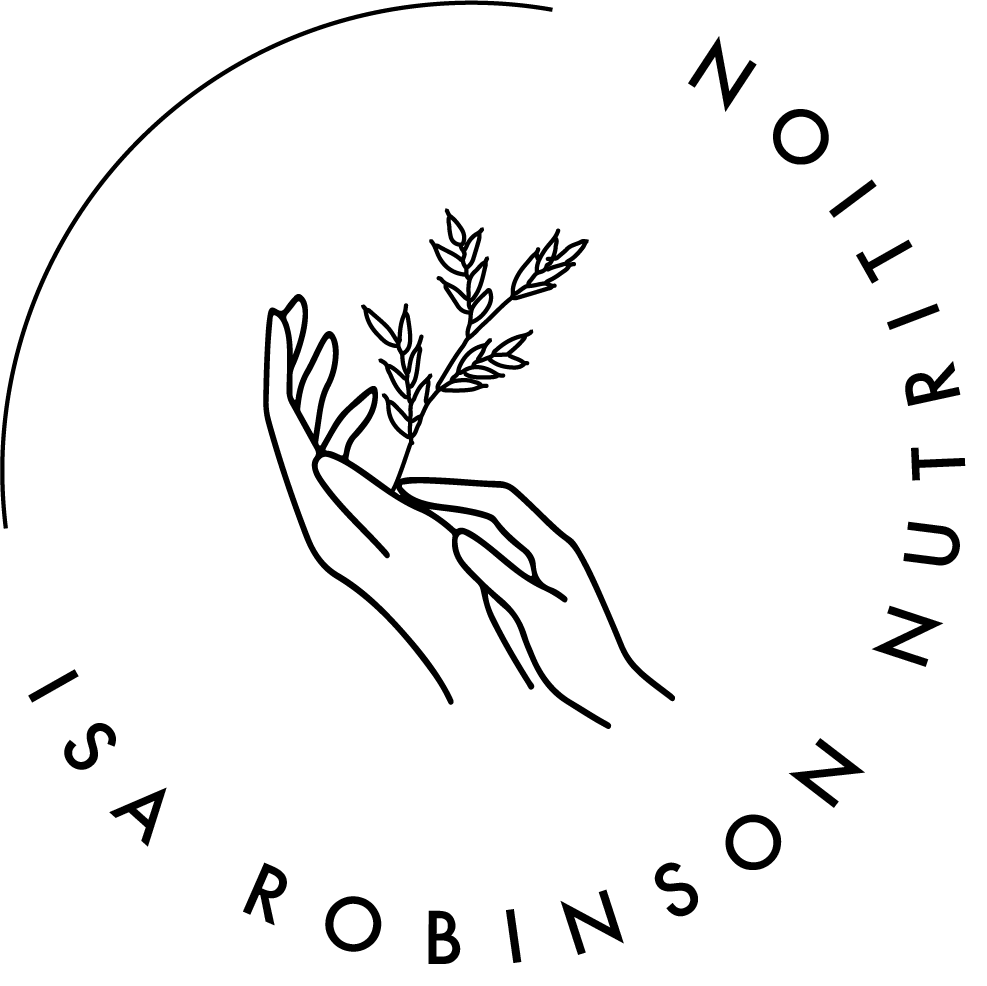Adverse Childhood Experiences (ACEs) among Adults with Eating Disorders
There is a strong link between ACE's , chronic disease & long-term adverse impacts in adulthood such as drug abuse, anxiety, depression & eating disorders. Adverse childhood experiences (ACEs) include physical, sexual & emotional abuse, neglect, parental substance misuse, household dysfunction or any kind of trauma occurring before the age of 18.
A team of researchers recently predicted that those with an eating disorder (ED) would report higher numbers of ACEs when compared to a nationally representative sample.
Aims
To investigate & compare ACEs amongst two samples:
- adults seeking treatment for their ED
- a sample of nationally representative adults
To characterise the ACEs & total scores with the demographic information for adults who were seeking treatment for their ED & statistically classify their ACEs.
Methods
Two samples were recruited for this study: 1061 adults seeking treatment for their ED and 214,157 nationally representative adults.
Both groups filled out the ACE survey consisting of 10 self-reported questions to assess childhood trauma.
Levels of ACEs in the treatment seeking group were compared to levels of ACES in the representative sample.
Results
Higher ACEs scores were found the group suffering with EDs compared to the representative sample who were not.
Females within the ED group were more likely to have experienced sexual abuse in comparison to the males within the ED group.
Those with binge eating disorder reported higher levels of ACEs than those with anorexia nervosa.
The ACEs reported by those with other specified feeding or eating disorder were more often characterised by household dysfunction compared to those with anorexia nervosa.
Limitations
The ACEs Survey doesn't assess the level of traumatisation that the event caused or if the individual confided in someone after the event occurred.
The ACEs Survey also fails to address other forms of trauma, including childhood bullying, something which can have negative consequences for mental health in adulthood.
The ACEs Survey only accounts for trauma occurring before the age of 18 & the mean age of the ED sample was 27. Therefore, their ED may have developed as a result of adulthood trauma.
Conclusions
Rates of ACEs are higher in those with EDs compared with the general population.
ED patients should be screened for ACEs as part of standard procedure in order to receive the appropriate trauma psychological support.
Clinicians specialising in eating disorders should be trauma informed and this should be included in their training.
Social justice must be at the heart of eating disorder prevention including anti-oppression work, fair living wages, support for single parent households, better access to mental health services for parents and families, social support in schools to identify at risk children.
Reference
https://jeatdisord.biomedcentral.com/articles/10.1186/s40337-022-00594-x

